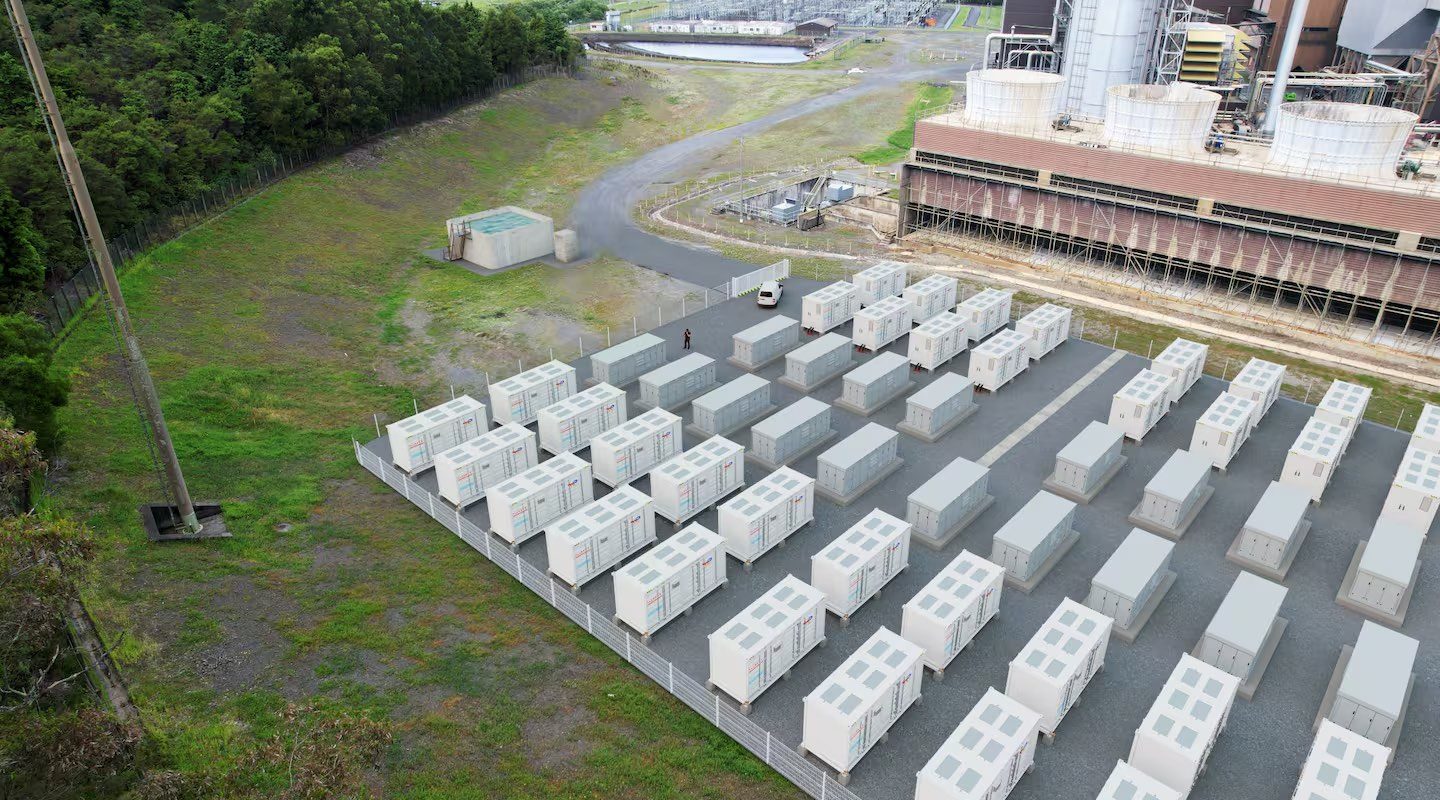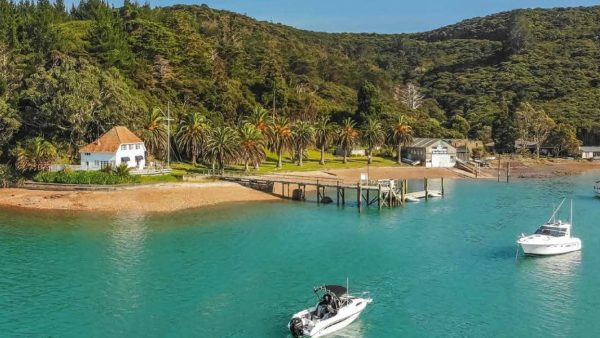Genesis Energy has announced a $150 million investment in grid-scale battery storage at its Huntly Power Station — a move that confirms the coal- and gas-fired plant will remain in operation for the foreseeable future.
“Most people said to me one of the most challenging things would be how you set about closing down the Huntly Power Station,” said Genesis chief executive Malcolm Johns at the launch. “And today we’re announcing a $150m investment in the Huntly Power Station.”
The 70-unit battery system, supplied by French firm Saft and installed by Northpower, will go live by late 2026. It is the first phase in a plan to scale up to 400MW of storage by 2035, and make Huntly more efficient.
Huntly, originally slated for closure by 2018, was repeatedly kept open. Under the Labour-led coalition government of Jacinda Ardern, which included the Greens and Te Pāti Māori, the goal was to phase out coal completely by 2025 and eventually shut the station.
What Did Happen: A Ban, No Backup, and a Backfire
Instead, in 2018, the Ardern coalition banned all new offshore oil and gas exploration, and in 2022, allowed the Marsden Point oil refinery to close — ending domestic fuel refining and eliminating the country’s energy buffer.
Those policies were not accompanied by sufficient new generation, gas storage, or renewables. Now, despite the current National-ACT-NZ First government reversing the offshore drilling ban, domestic gas production has collapsed.
According to MBIE, “in 2024 natural gas proven plus probable [2P] reserves reduced from 1300 PJ to 948 PJ.” Annual production is now forecast to fall below 100 petajoules by 2026 — three years earlier than previously estimated.
With domestic supply unable to meet demand, the government is leaning on Methanex — a methanol exporter — to redirect gas (cleaner than coal) back into the national grid. “We want to see a more long-term arrangement in place with Methanex and industry,” said Energy Minister Simon Watts.
Meanwhile, Huntly continues to burn imported Indonesian coal to keep the grid stable.
Job Losses Nationwide as Energy Crunch Bites
The supply crisis and high energy costs have triggered job losses across the country:
- Methanex (Taranaki): ~70 jobs cut in September 2024 due to “unsustainable gas supply since 2018.”
- Winstone Pulp International (Karioi and Tangiwai mills): 230 jobs lost as of October 2024, citing the “dual impact” of high electricity prices and weak pulp prices.
- Port Taranaki: Under internal restructure due to lost contracts linked to Methanex.
- Others: Energy-intensive firms have shelved expansion or reduced output, citing power costs.
Consumers Paying the Price
Wholesale power prices hit $820/MWh during winter 2024. In March 2025, they sat at $400/MWh — more than double the average winter price from 2018 to 2023. Even with short-term drops due to rainfall this month, New Zealand consumers continue to pay among the highest electricity prices in the developed world.
Tiwai Point smelter, the country’s largest power user, resumed full production this week due to improved hydro storage — but only because it has a special agreement with Meridian Energy to reduce demand when the grid is under pressure.
What the Battery Actually Does
The new battery at Huntly will not generate electricity, but it will allow the site to operate more efficiently.
Coal and gas plants like Huntly run most efficiently at a steady, constant output. They are far less efficient when forced to ramp up and down to meet short-term spikes in demand.
Grid-scale batteries solve this problem by storing excess electricity when demand is low and releasing it during rapid spikes — such as cold snaps or evening peaks — without requiring the fossil fuel plant to change output levels.
This makes the overall system more stable, reduces wear on thermal units, and cuts the need for smaller gas “peaker” plants, which are expensive and inefficient to operate.
“The investments that we’re making now and will make over the next decade will be critical for the next 50 years of economic and social prosperity for the generations that come after us,” said Johns.
The battery won’t close Huntly — but it will make what’s already there work better, Johns said.








